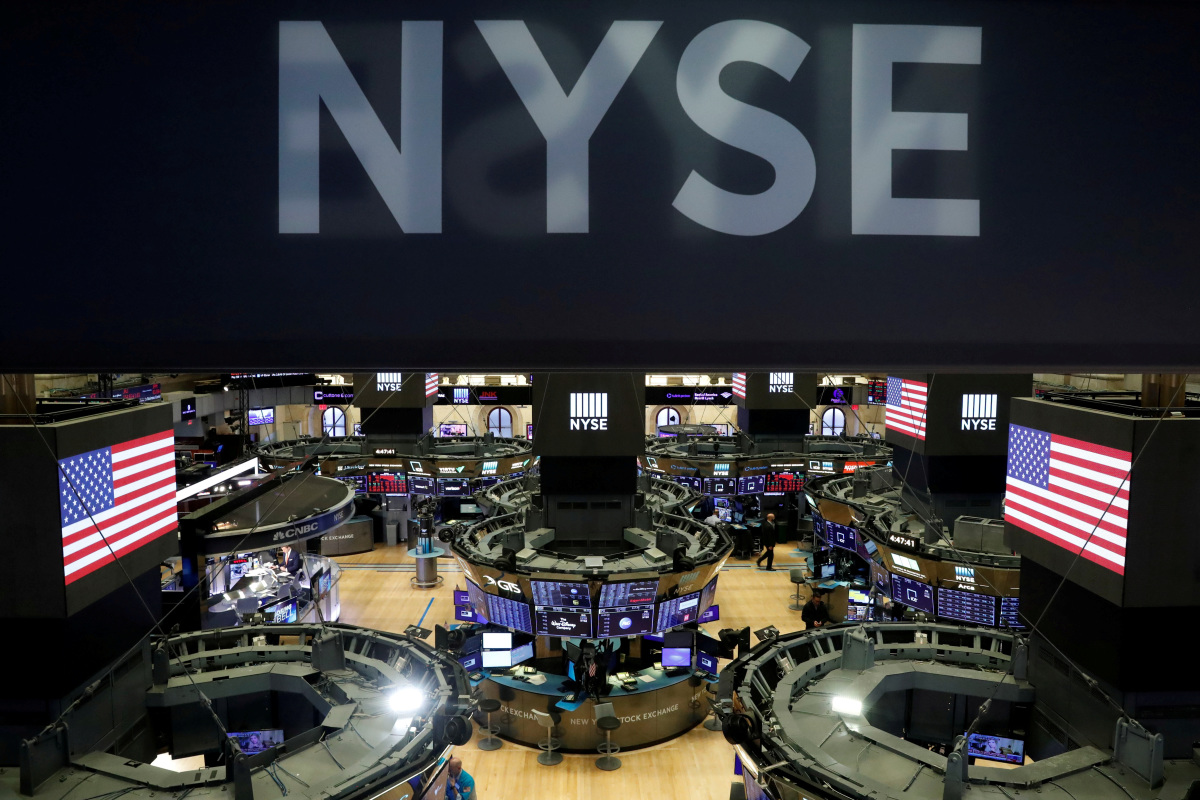An unexpected rise in job openings sent short-term interest rates and the dollar higher, reversing early gains from U.S stocks.
The Bureau of Labor Statistics reported job openings for September increased by 437,000 to 10.72 million, up from 10.2 million in August, and well ahead of the 10 million that markets had expected.
Job openings were solid in the sectors that have been benefiting from the normalization of the economy following the pandemic closures, like accommodation and food services (+215,000); health care and social assistance (+115,000); and transportation, warehousing, and utilities (+111,000).
In addition, total separations, including quits, layoffs and discharges, and other separations, dropped by 370,000 to 5.69 million.
Job openings rose despite an economic slowdown, which usually disrupts business hiring.
It comes at a time when the unemployment and labor force participation rates have been at record-low levels, putting further pressure on wages.
While that may be a good thing for Americans looking for better job opportunities, it isn’t good news for the Federal Reserve, which will announce its next policy move Wednesday.
Higher wages feed into what economists call cost-push inflation, making it even harder for the nation’s central bank to reign in the old villain. As a result, it may now have to keep tightening interest rates for a prolonged period.
That is different from what Wall Street wants to hear these days. It has already been rallying in anticipation of a downshift in rate hikes. And eventually, a pause before a new round of cuts.
The prospect of the Fed keeping monetary tightening for a more extended period helped push short-term interest rates and the U.S dollar higher following the report, reversing early gains in equities.
The reversal continued into the early afternoon trade.
As of 3:45 p.m. ET, all major equity indexes were trading lower for the day, with S&P 500 dropping 0.33%, the Dow Jones Industrials losing 0.18%, and the tech-heavy Nasdaq dropping 0.81%.
“For those hoping for a Fed pivot, the hotter than expected job openings were not good news,” said Robert R. Johnson, a business professor at Creighton University. “However, the data released this morning extinguished any inkling that the Fed may pivot or slow the path of rate increases.”
Johnson is optimistic about the U.S. equity market, as valuations look reasonable.
“While the latest economic data doesn’t support the Fed slowing rate hikes, the majority of earning reports have been strong,” he said. “Given that P/E multiples have declined from previous highs, stock valuations in many market sectors appear attractive. As a result, we will likely see a very uneven stock market with sectors such as financials outperforming information technology.”







